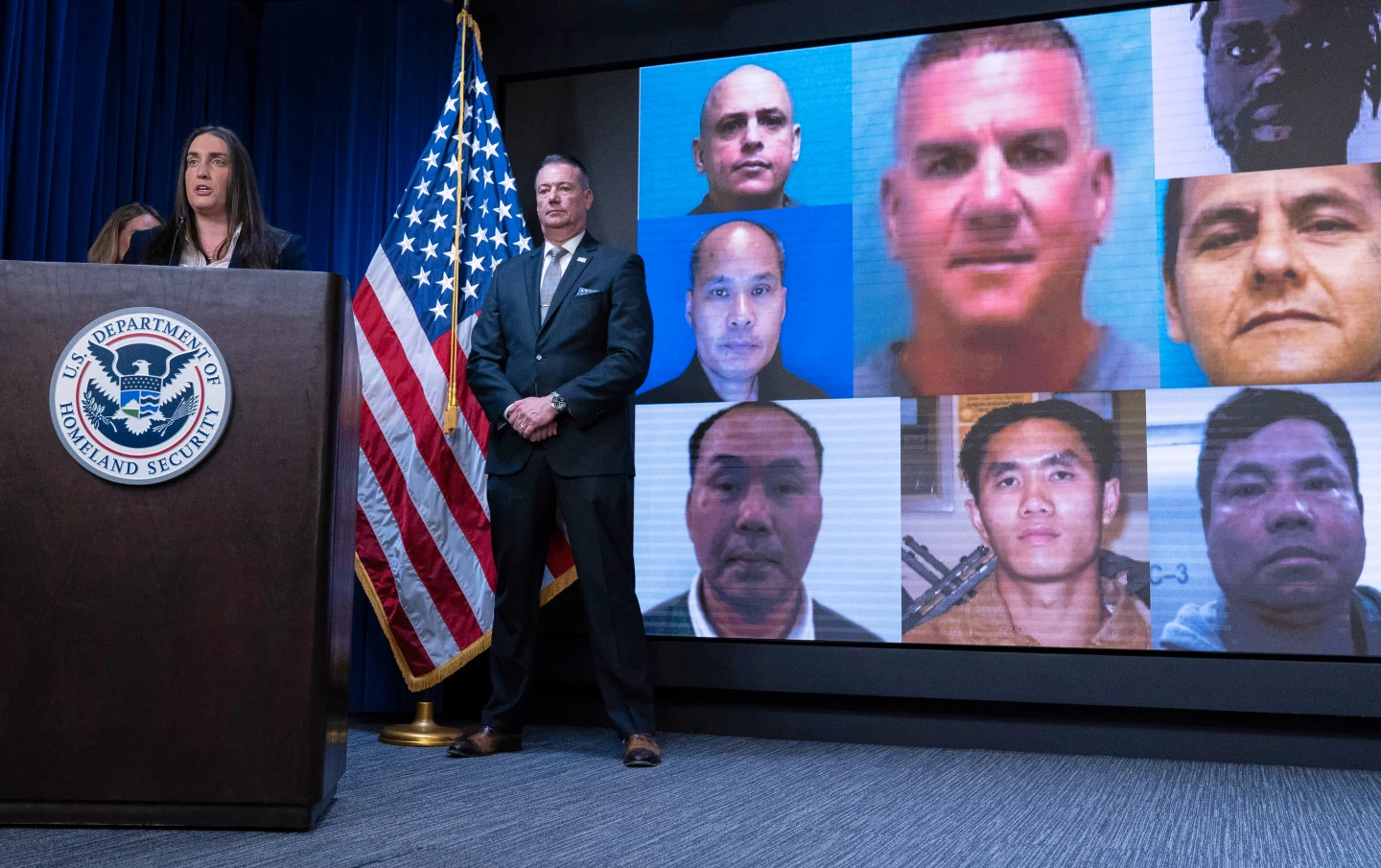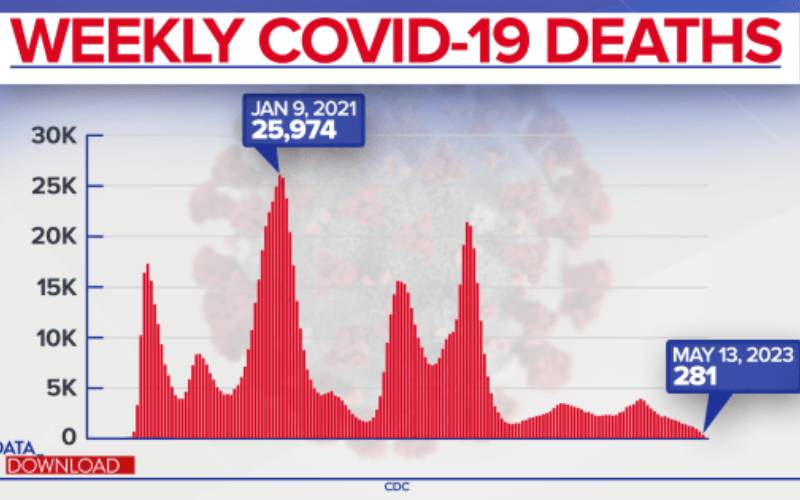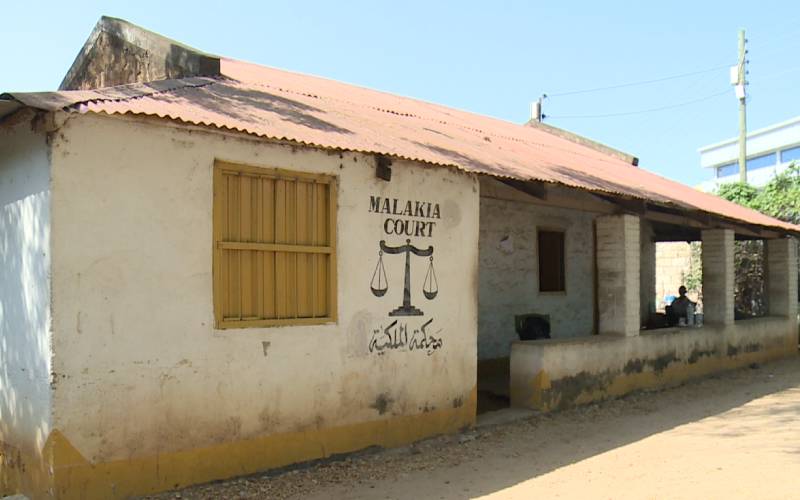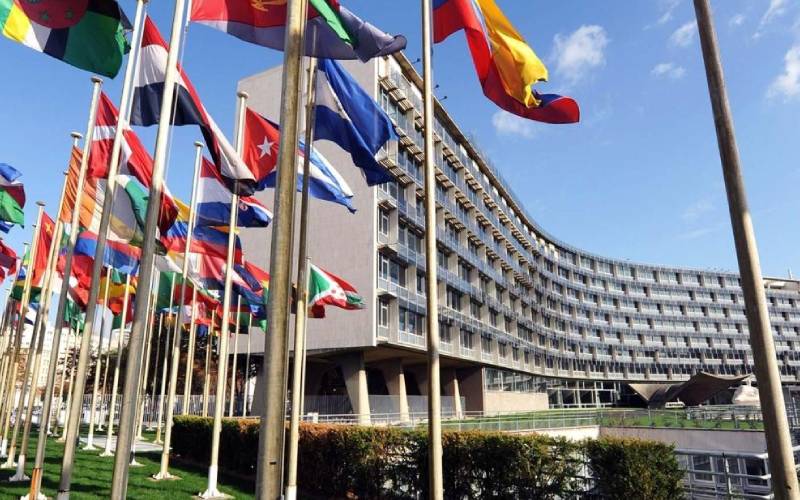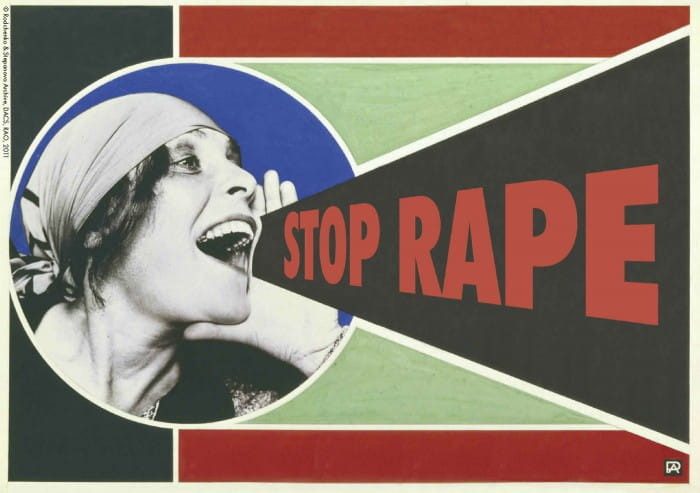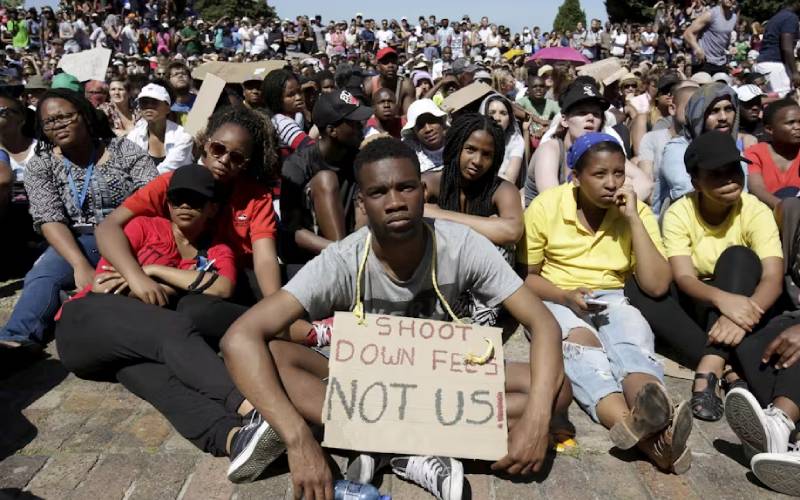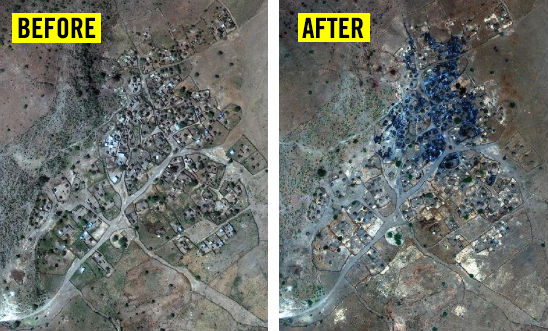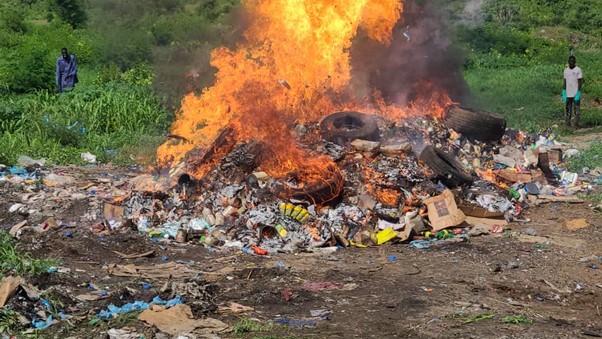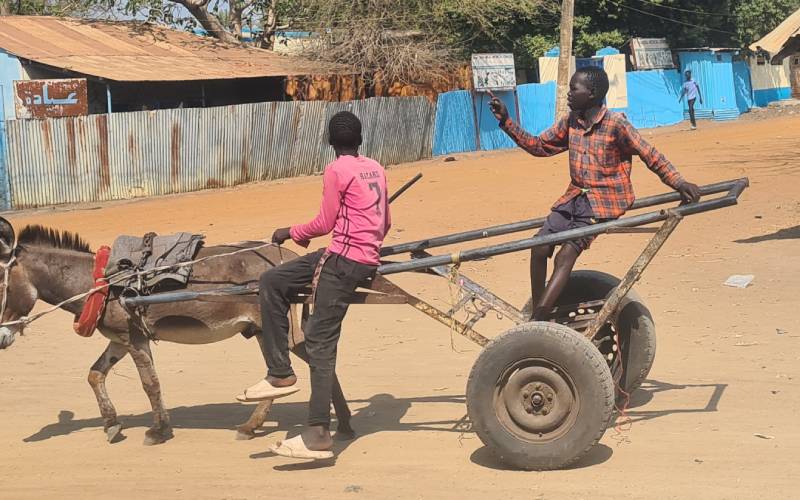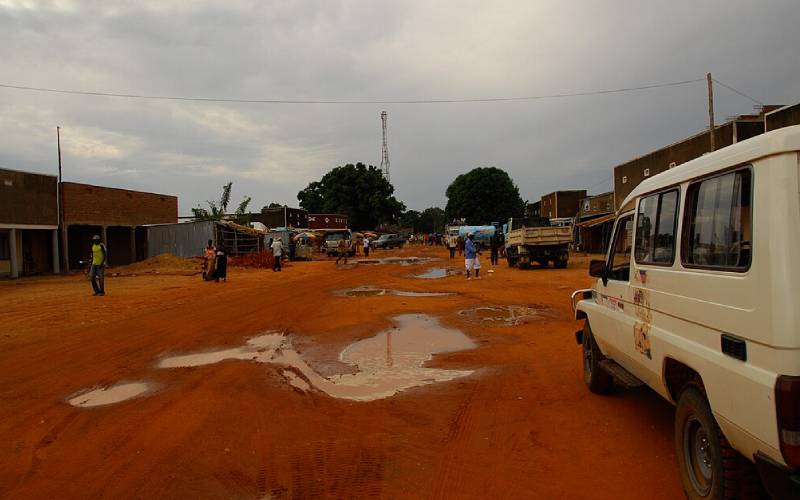By Gatkek W. Chang
Strategic edges of a state with a frail economy, a chaotic and fragmented political discourse cannot ensure respect at the international level. Commonly, sovereignty is often traded for survival to maintain international support, especially from powerful countries, by weak states. This is exemplified by South Sudan mortgaging its sovereignty for diplomatic leverage in making concessions it would not normally agree to, particularly the acceptance of criminals at the expense of citizens’ security.
It is also worth noting that the international norms do not oblige a state to accept nationals of other countries, except through the legally required international protection. This cannot also be done by a country grappling with internal conflicts, and poor governance. It is of course done out of submission.
Wise decision?
The South Sudanese government would have avoided pressure from the U.S. by employing simple tricks like the implementation of the Revitalised Agreement on the Resolution of the Conflict in South Sudan (R-ARCSS) through political will and taking the country to elections.
Visa restrictions, sanctions, and semi-diplomatic aid disengagements are not mere US policies; rather, the wrath is being poured on those without good governance. These are the consequences that come with the mishandling of state affairs. Without implementing the R-ARCSS, fundamental issues will still arise, including patronizing of the incumbent government.
Dumping Ground?
Is South Sudan a dumping ground? The answer is definitely yes. If criminals from various countries are being deported to South Sudan, this is exploitation beyond reasonable doubt. The U.S is using South Sudan’s weak statehood to offload undesirable individuals who will potentially fuel crimes and worsen the security of the already unstable society.
The South Sudanese government must accept its failure and admit its desperation for diplomatic favour and inability to resist the U.S. pressure. South Sudan is effectively being treated as a dumping ground and has compromised its sovereignty.
The author is an Upper Nile University instructor and alumnus of the Catholic University of Lille, France. He can be reached at gatkekjohn2017@mail.com.
